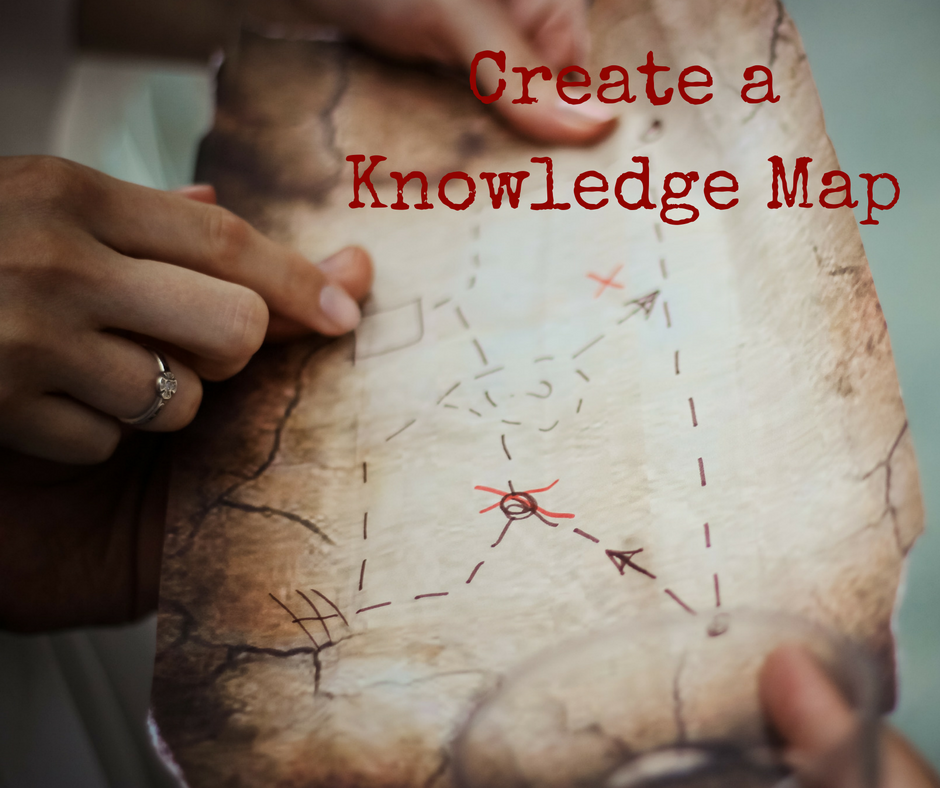My playlist is an eclectic collection of tools that help me approach my work as play. My hope is that they’ll do the same for you.

Object: Creating a focused learning plan
What Didn’t Work: Allowing the content that others post, podcast or promote to shape my learning on their schedule, being constantly overwhelmed and distracted, not knowing where to start.
My Aha! Moment:
You know how it feels
when you see your to-do list
and its filled with tasks
you don’t know how to do
your heart races
and your mind fizzles
and you feel like a rock climber
scrambling
with no hand-holds
your feet slip-sliding
Why am I so behind?
I know I need to learn but what
do I type into google?
Does everyone else already know …
everything?
You remember
How simple it seemed
In school
Your teacher shaped your learning
All you had to do was show up
The day planned in sturdy blocks
Topics listed in clean lines on the board
Here’s the next step
And the next
Sometimes you were bored
But if you were overwhelmed
You could raise your hand
I’m lost.
Where do I start?
Where do I start?
If I only study what I already know
What about the things I don’t know?
What if I’m missing that one
magic wand
shortcut?
If I raise my antenna
to take it all in
I won’t miss anything.
But what if I actually miss everything?
What if the noise
drowns out what actually matters?
Thus: The Knowledge Map
- You know more than you think you know about where to start learning.
- Think of your growth like a jigsaw puzzle. If you obsess on one middle piece, you might be stuck for years.
- Instead, you start with the edges, and look for what fits. What you’re doing is giving yourself a starting place.
- A knowledge map pins down the “you are here,” arrow and constructs a learning plan from that location.
How to Play:
- Brainstorm the general categories involved in this area of knowledge. For instance, in marketing, your areas might be social media, email marketing, content development. In writing, your areas might be character, plot, setting, theme.
- Are any of your subcategories of others? Sort accordingly until you have master categories and subcategories.
- Add any other key subcategories that come to mind. The more intricately you know a topic, the more subcategories that are likely relevant to you.
- Put your categories on a map. Tap into your intuitive thinking by assigning each category an image. Draw them or collage them––have fun with it. Perhaps “dialogue” is a well on the farm labeled “character.”
- Use two post-its per category and subcategory. One post-it is for knowledge or mastery. Where is your firm footing when it comes to this topic? The other post-it is for what you wonder. What would you like to know?
- Map the entire area of knowledge, and then step back to take a look. It may be that some categories are stage one, others are stage two, and some are stage three. Alternatively, you may have stage one, two and three within each category.
- Give your stages names that clearly describe their aims. For instance, your stage names may include: build foundational skills, experiment with possibilities, dive deep into specifics.
- Sort your questions into these stages.
- Figure out a plan for how to start stage one. Seek out resources specifically focused in this area.
Player’s Notes:
- Keep the process playful. Don’t think in terms of right and wrong. The point is to figure out where you are currently, and based on that location, where your energy will be best focused next.
- Keep the process loose. As you head into stage one, you’ll encounter new information that may change the categories or timeline. Give yourself permission to revise your plan. You’ll know if you’re sabatoging yourself and derailing the process, or if a change is genuinely needed.
- Keep the process rule-free. Once you know a topic fits in stage three, you won’t be so overwhelmed when you encounter it in real life. If you find a podcast about stage three that you’d like to listen to while you’re in stage one, go for it! Your map isn’t a set of rules. It’s a navigation tool.
Our world is changing at an extraordinary rate. Lifelong learning is no longer optional. If we want to work, play, connect, and make a difference in the world, we need to engage with new ideas, new technologies, and new skills. It’s true that we need to stretch ourselves. True growth, however, takes time. When we choose to go deep, to learn authentically, and to build bridges from current knowledge to new concepts, we may feel like we’re going to be left behind. However, in the end, much less time is lost skittering from idea to idea, only to learn nothing. Take the time you need. Make choices, however difficult they may be. See how life becomes more settled and richer because of the decisions you have made.

